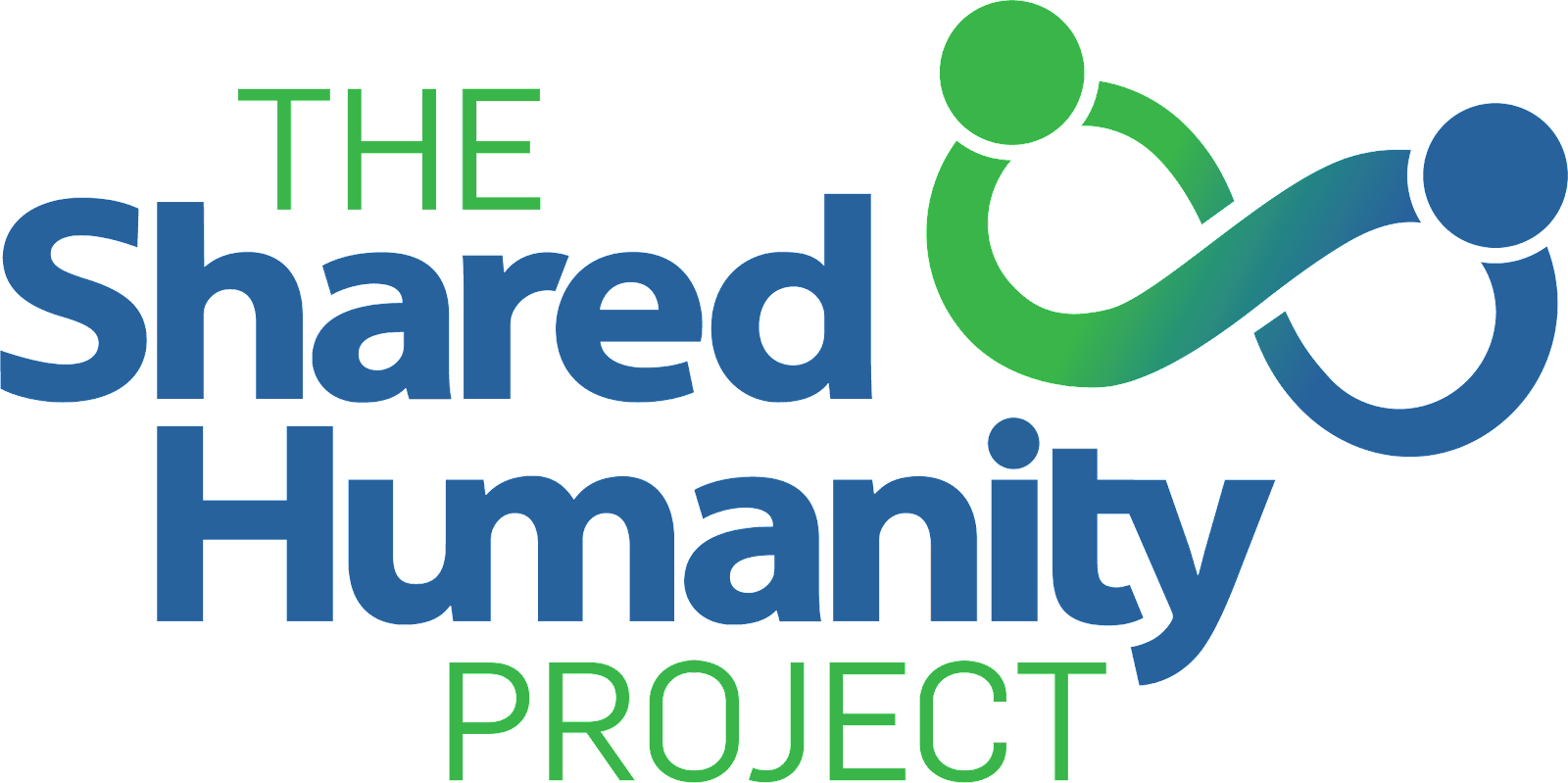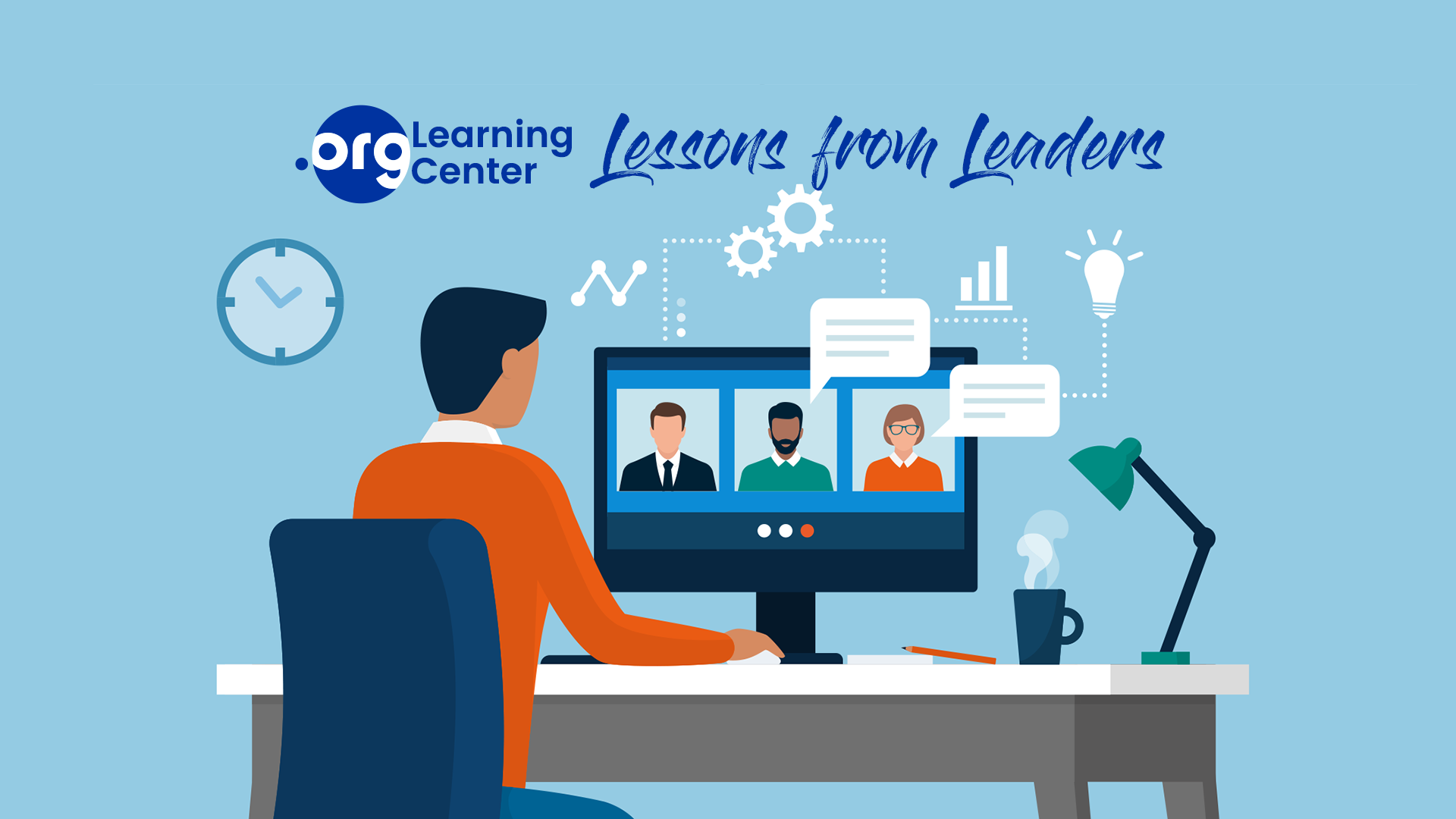Dr. Mark Bergel co-founded The Shared Humanity Project after leading efforts in both the university and nonprofit sectors. He has created grassroots programs and services that have helped more than 300,000 children and adults living in poverty.
What inspired you to start your .ORG?
Response: For years, I have been frustrated by the lack of progress in this country relative to ending poverty. We manage it and tolerate it. Most of us actually think it is an unavoidable part of society. It is not, and I co-founded The Shared Humanity Project to give everyone a way to engage in their local communities. I was blessed to find a partner in this work, Katherin Ross Phillips, who was incredibly well-informed and deeply, equally committed to ending poverty. We knew a new approach was needed, and I believe our national plan — and all of our work — will enable people to take effective action in their communities.
The Shared Humanity Project builds connections across the ORG Community. How have your conversations with community members impacted your work?
There are incredibly hard-working and humble people in the ORG Community. They are working tirelessly, and we aim to amplify their work and build on our ever-growing network of organizations to do so. At the same time, the most important conversations I have ever had have been with people with first-hand experience in poverty. Whether they are still in it, or have risen out of it, they are my teachers. They are the ones to whom we should all be listening. They should not only be at the table for meetings on poverty programs— they should be leading those meetings.
Katherin and I researched over a thousand organizations, and met people where they were at. We connected, we asked questions, and we invited them to help lead the movement. It is human nature to want to share, but what is critical is to step back and to listen first.
The listening, the learning, and the leveraging of those connections, is how a community can address the root causes not only together, but with compassion. I hope our work continues to make that happen.
What ways have your guiding principle “We can be better-together” shaped your .ORG?
Response: We live in a country divided, and that hurts our most vulnerable more than it hurts anyone else. And yet, we are not prioritizing them. Our commitment at The Shared Humanity Project is to build partnerships and help create collaborative efforts that I believe will eradicate poverty in every community — and faster than most believe to be possible. If we commit to working within and across sectors, with all the creativity that we have inside, we will find even the most ambitious goals are easily attained.
Learn more about their work and mission in .ORG Origins series. The series offers a behind-the-scenes look at how The Shared Humanity Project has grown from a shared idea to a successful force for good and provides access to an array of useful resources, from best practices to conversations with established .ORG leaders.
The Shared Humanity Project is a Washington DC-based non-profit that focuses on eradicating poverty in the United States. The organization’s “National Plan to End Poverty” is a data-driven strategy that redefines and measures what “poverty” means, offers concrete steps that individuals and organizations can take to improve economic security for all, and creates a community of actors from all sectors that works together to create positive change.


